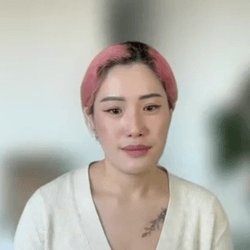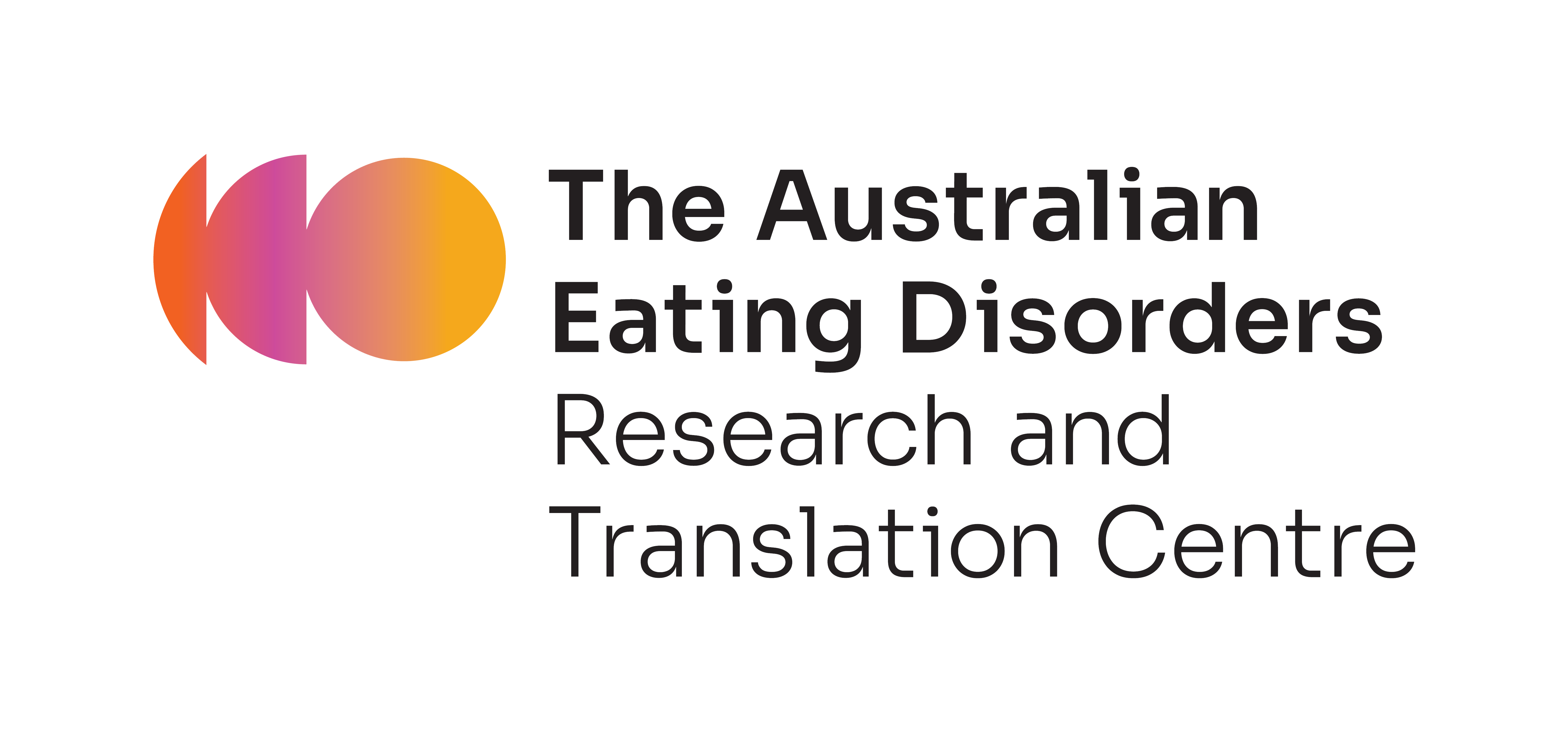The Role of a Dietitian in Eating Disorder Treatment from Lived Experience Perspectives

Ms. Yive Yang
Western Sydney University
Affiliate Authors
Professor Phillipa Hay, Western Sydney University;
Associate Professor Janet Conti, Western Sydney University;
Dr Caitlin McMaster, University of Sydney;
Associate Professor Milan Piya, Western Sydney University;
Dietitians are considered essential members of the eating disorder (ED) multidisciplinary team and play an established role in refeeding and medical nutrition therapy. However, there is a lack of evidence to guide the content of this medical nutrition therapy or to evaluate its effectiveness. Furthermore, current treatment guidelines are based on the consensus opinions of expert dietitians and ED clinician.
There is a need to incorporate input from individuals who have experienced dietetic ED treatment. Overlooking this input in practice and research risks invalidating these individuals and missing key considerations that may help or harm those seeking or receiving treatment. Existing research has not adequately explored these lived experience perspectives of dietetic ED treatment to elucidate the helpful and harmful aspects of the care provided.
This project aims to understand what aspects of dietetic ED treatment people with lived experience have found helpful and/or unhelpful. A focus will also be placed on differentiating the role of a dietitian from other multidisciplinary team members, such as psychologists. Findings will help inform future dietetic ED practice guidelines and improve multidisciplinary care by understanding how dietitians can best bridge the gap between traditional medical nutrition therapy and therapeutic care.
